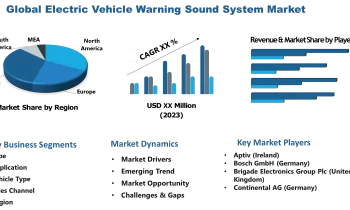
It looks as though it will be a bleak winter for Germany and Germans as its ZEW Economic Sentiment Index plunged to a fresh 11-year low this month.
The forward-looking Economic Sentiment indicator compiled by the think-tank ZEW is a keenly watched economic indicator that is compiled by economists and not business professionals.
Amidst an energy crisis sparked by the Russian invasion of Ukraine, Germany now faces the prospect of having to ration gas over winter. As a result, confidence is low.
The German ZEW Economic Sentiment Index plunged far more steeply than market analysts had anticipated. After registering at -20.8 in June, the German ZEW Economic Sentiment Index plummeted to -53.8 in July. This month’s reading was also the lowest in 11 years. The last time the German ZEW Economic Sentiment Index was this low was during the Euro crisis of 2011.
“Significant Worsening in the Economic Outlook
ZEW President Achim Wambach said in a statement:
“The grave current concerns about energy supply in Germany, the ECB’s announcement that it will raise interest rates and the continued constraints in China caused by the corona virus are leading to a significant worsening in the economic outlook,”
“Both the assessment of the economic situation and the expectations are thus even slightly below the values recorded in March 2020 at the beginning of the COVID-19 crisis,”
“Expectations for energy-intensive and export-oriented sectors of the economy have fallen particularly sharply, and private consumption is also assessed as significantly weaker,”
There was some good economic news from the largest economy in Europe. The upward trend in prices in Germany is slowing down as inflation declined to 7.6 percent in June, according to preliminary Destatis figures. Inflation in Germany stood at a near-50-year high of 7.9% in May, The falling prices could ease the burden a little of the high cost of fuel and energy.



